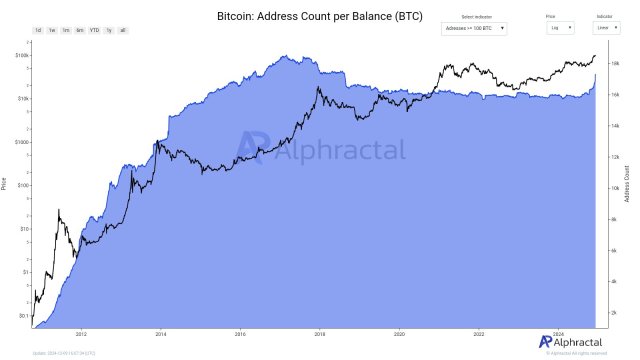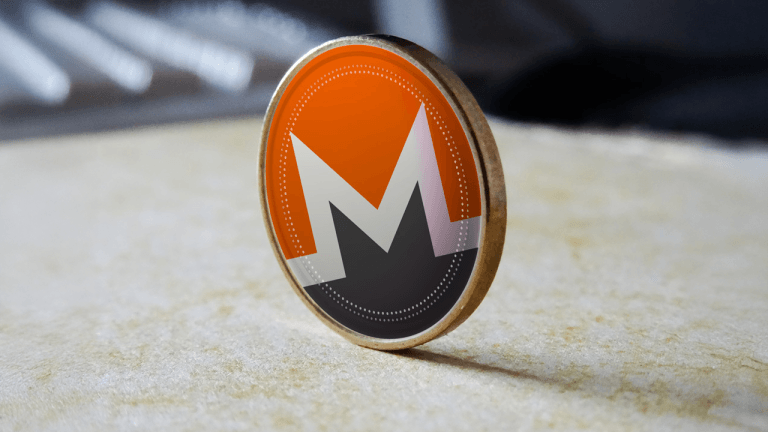A used going by the name QuantumMechanic made a post in 2011 called "Proof of stake instead of proof of work" where he introduced the world to a new concept he called PoS. Everything else is history, except he never got the credits for it. I will link hist post and paste it down below so you can read it.
Post: https://bitcointalk.org/index.php?topic=27787.0
What he wrote:
I've got an idea, and I'm wondering if it's been discussed/ripped apart here yet:
I'm wondering if as bitcoins become more widely distributed, whether a transition from a proof of work based system to a proof of stake one might happen. What I mean by proof of stake is that instead of your "vote" on the accepted transaction history being weighted by the share of computing resources you bring to the network, it's weighted by the number of bitcoins you can prove you own, using your private keys.
For those that don't want to be actively verifying transactions, and so that not all private keys need to be facing the network, votes could be delegated to other addresses via some kind of nonstandard Bitcoin transaction. In this way, voting power would accumulate with trusted delegates instead of miners. New bitcoins and transaction fees could be randomly and periodically distributed to delgates, weighted by the number of votes they've accumulated, thereby incentivising diversity of the delegates and direct voters.
If the implementation could be done, it proved to maintain at least a similar level of privacy and trustworthiness, and it only minimally complicated the UX, I'm thinking that a proof of stake based fork could out-compete a proof of work one due to much lower transaction fees, since its network wouldn't need to support the cost of the miners' computing resources. (Note that the vote delegation scheme has bandwith/storage overhead that would offset these savings by some amount which would hopefully be relatively small.)
Some other potential improvements this system could offer: Possibly quicker, more definite confirmation of transactions, depending on how it can be implemented. The "voting power" may be more trustworty, since it would accumulate in a bottom-up fashion via a network of trust, instead of in the somewhat arbitrary way it accumulates now. (Note the potential problem of vote-buying here.) It would remove the physical point of failure of bitcoin mining equipment, which can be confiscated or made illegal to run. It could be used to provide stakeholders a means of making their voices heard (via the delegated voting system it establishes) when it comes to proposals for software updates and protocol changes.
Anyway, I just wanted to throw the idea out here to see if there are any obvious reasons why it couldn't be implemented, and to hopefully spark a discussion amongst those better qualified than me.
Cheers.
It just amazes me that the concept of a technology that powers some of the best blockchains imo was invented by a random user of a bitcoin forum. Well, I guess that was the time before maxis were a thing
[link] [comments]

You can get bonuses upto $100 FREE BONUS when you:
💰 Install these recommended apps:
💲 SocialGood - 100% Crypto Back on Everyday Shopping
💲 xPortal - The DeFi For The Next Billion
💲 CryptoTab Browser - Lightweight, fast, and ready to mine!
💰 Register on these recommended exchanges:
🟡 Binance🟡 Bitfinex🟡 Bitmart🟡 Bittrex🟡 Bitget
🟡 CoinEx🟡 Crypto.com🟡 Gate.io🟡 Huobi🟡 Kucoin.




















Comments